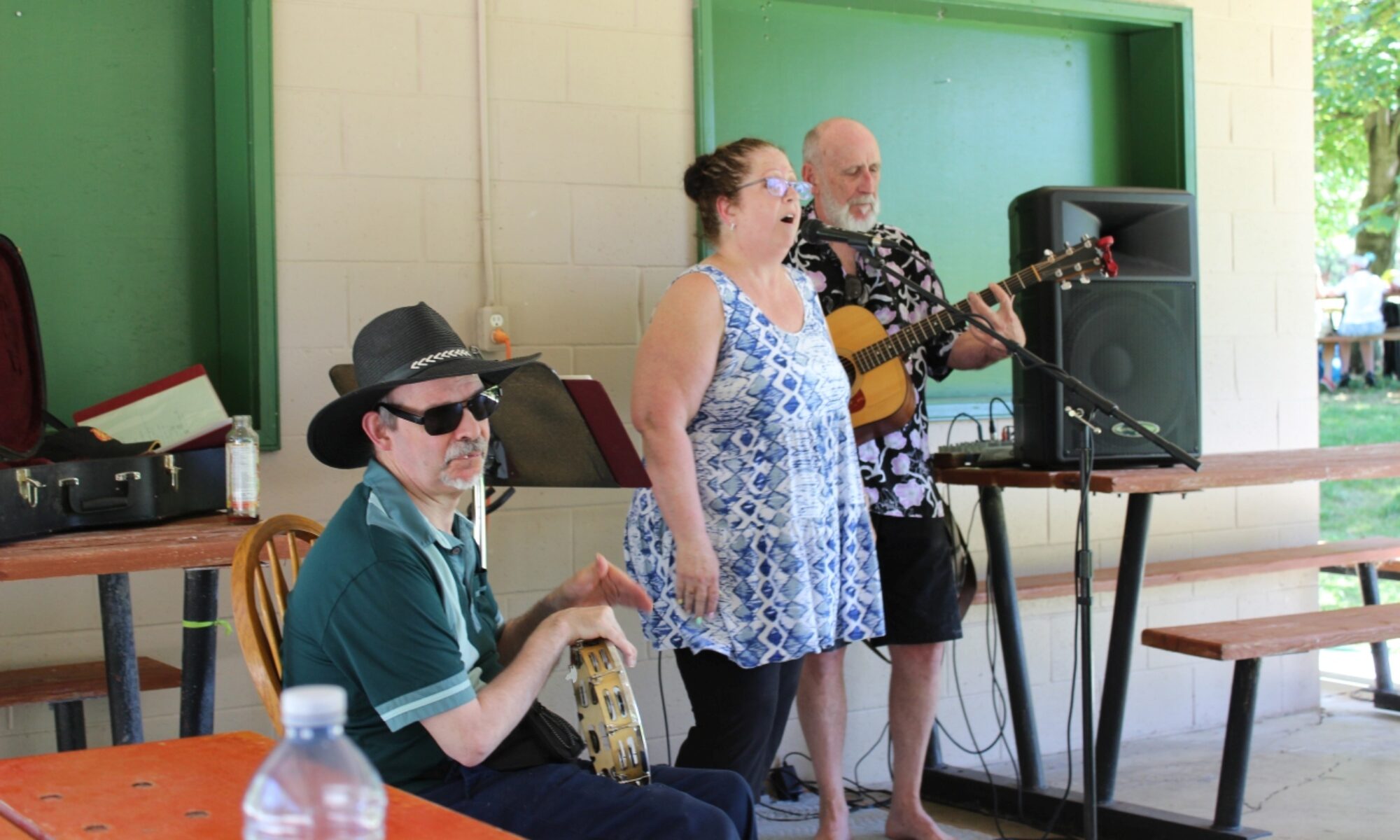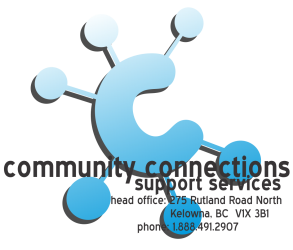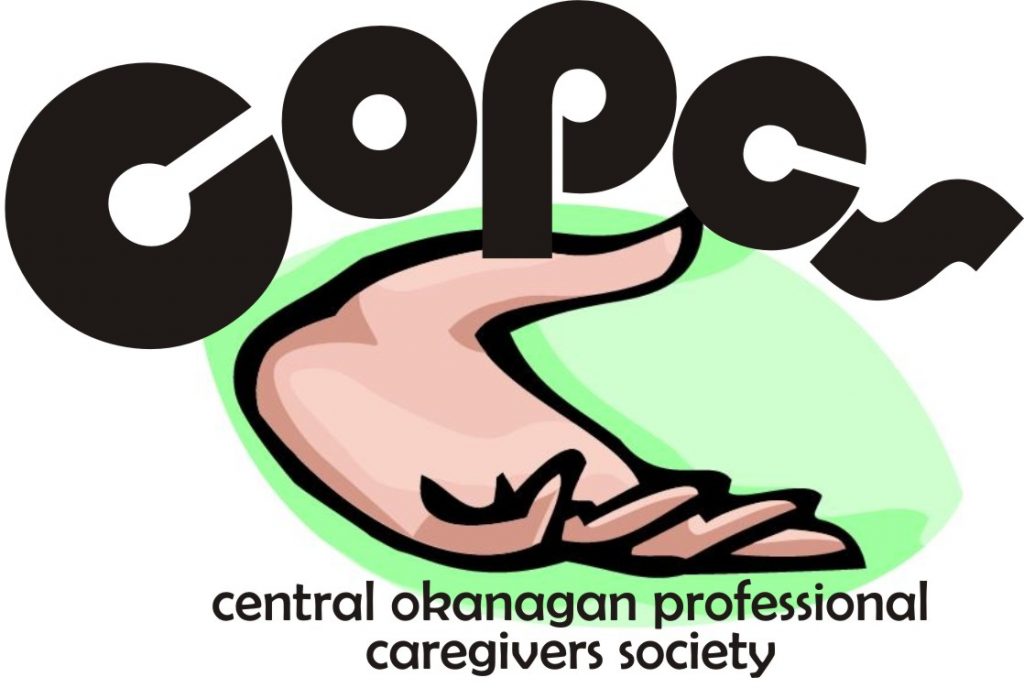From Karen Milner, on behalf of the Home Share Team at Community Connections:
We would like to say a huge thank you and sad farewell to the Central Okanagan Professional Caregivers Society (COPCS). It must have been a difficult decision to dissolve the society in July 2020 but understandable given the size of the organization and the scope of the work on a handful of dedicated volunteers.
Since 2008 this
group has worked tirelessly to support caregivers in positive,
practical and meaningful ways.
Some of their many
accomplishments have been:
- Securing
discounts at local retailers for their membership.
- Developing a
benefit package.
- Representing
home share providers on a provincial working group that was mandated
by Minister for Social Development and Poverty Reduction to address
common issues for caregivers province wide.
- Developing a
home share provider appreciation award dinner.
- Instrumental in
the Parliamentary decision for provincial increases for home share
providers.
- Organizing
countless well attended seminars and workshops with local and
international presenters.
- Informing home
share providers of any current news pertaining to caregiving and
upcoming courses and workshops.
- Acting as a
resource for the myriad of questions and concerns faced by
caregivers.
- Creating
celebrations every year for their membership…BBQ’s and holiday
gatherings, fundraisers and prizes!
- Keeping home
share providers informed during this difficult pandemic year of
Covid 19.
Good luck and thank
you to Margaret Milsom and Jack Sawatzky who were instrumental in
organizing COPCS, breathing life into it and volunteering hundreds of
hours! Thanks also to the incredible volunteer boards over the years
and to Colleen Anderson, the COPCS representative in the south
Okanagan.
Your efforts,
ethics, spirit and work will be sorely missed!










